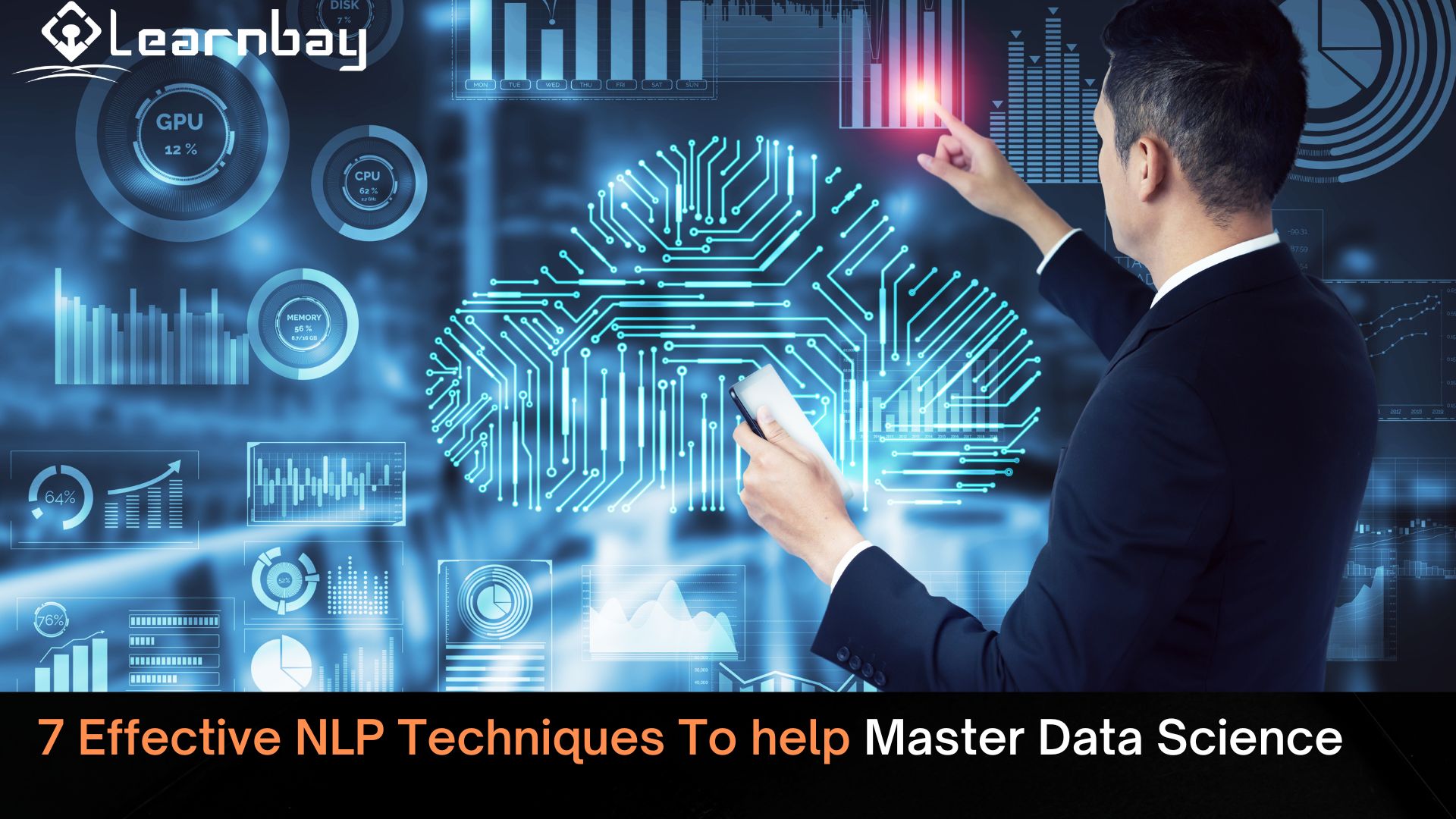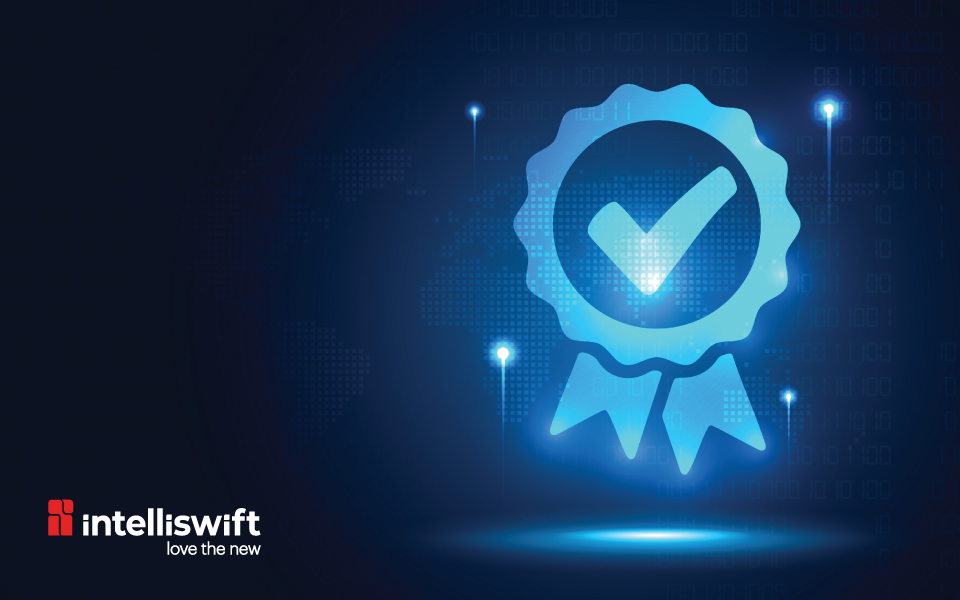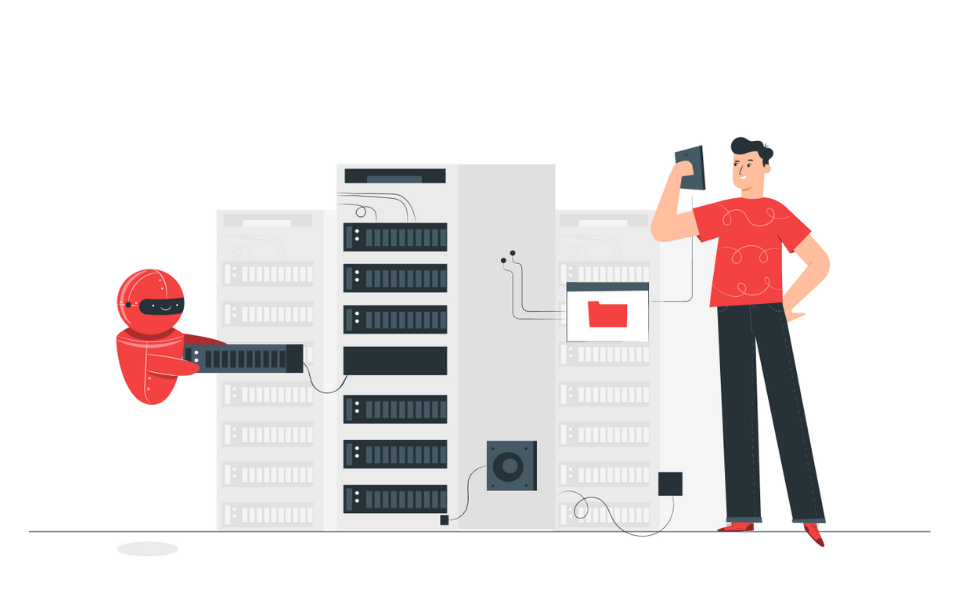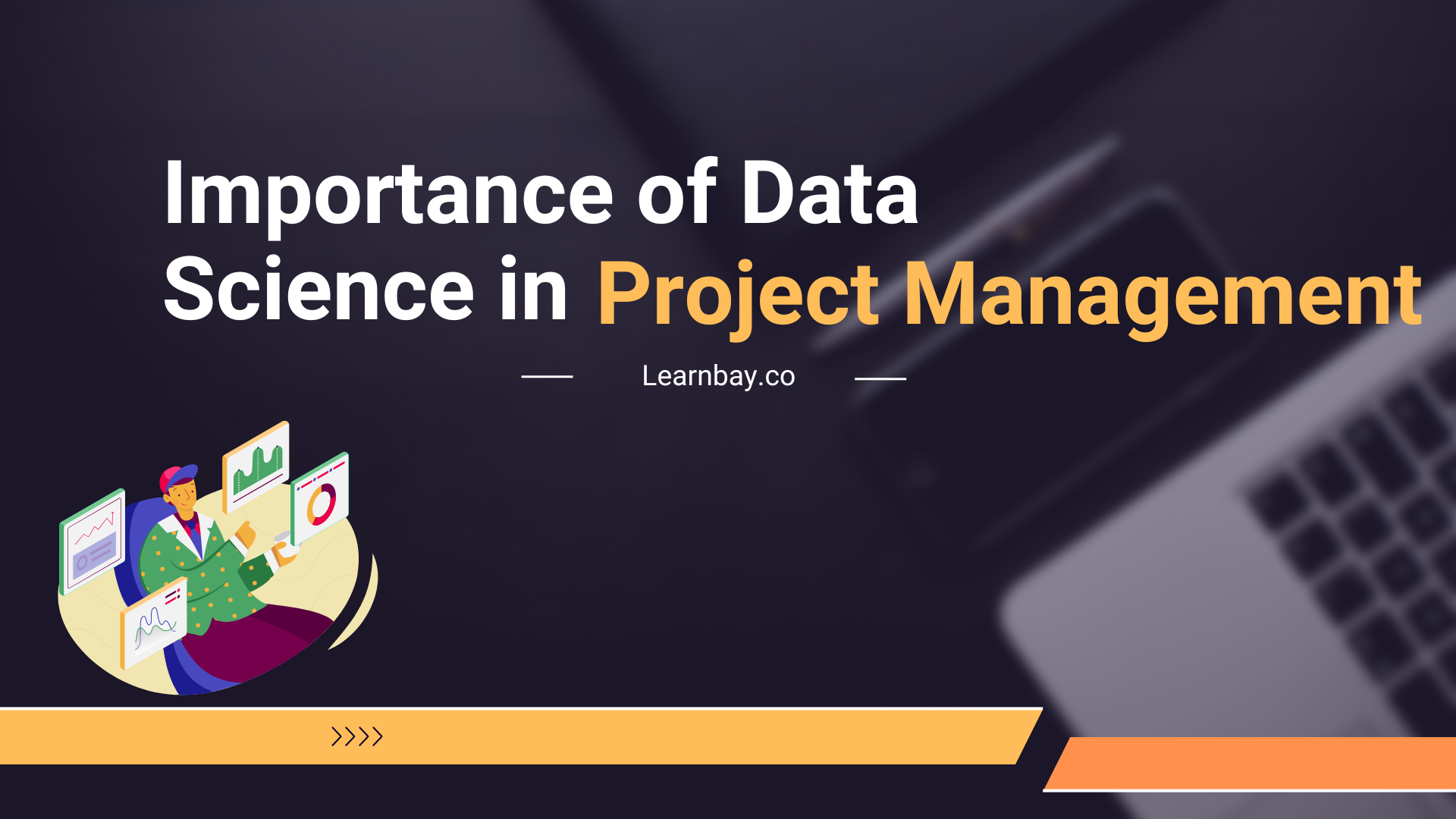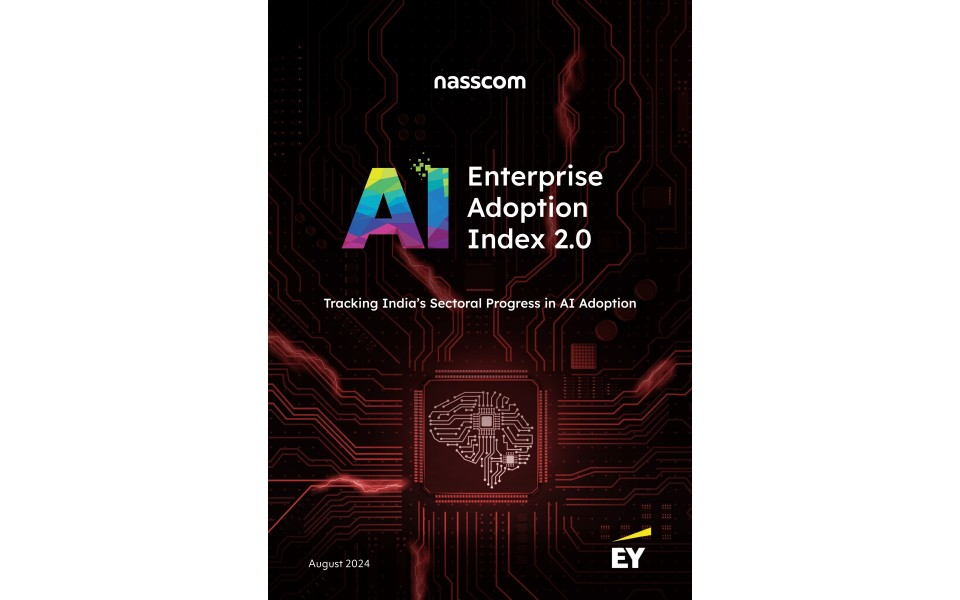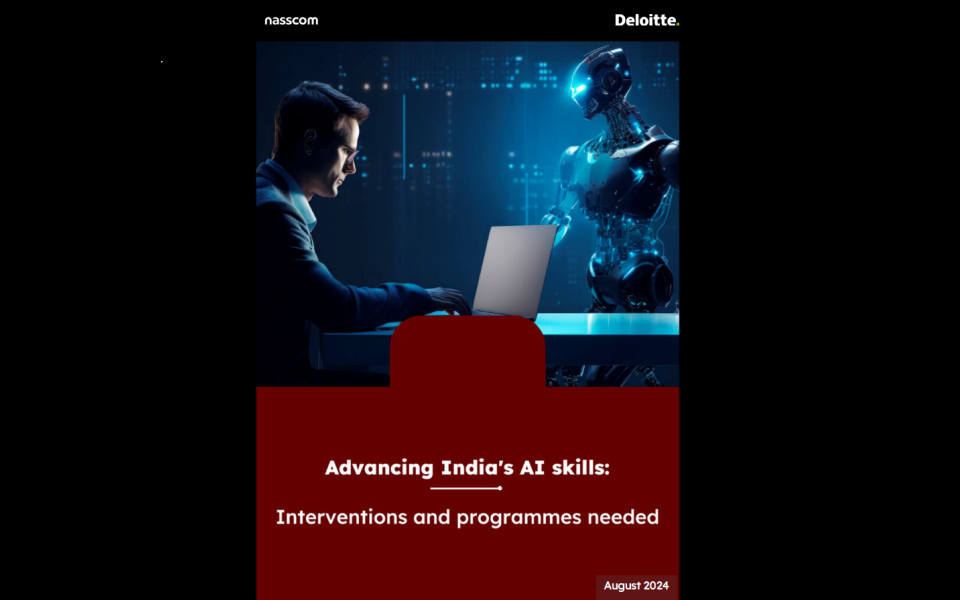Technology has made inroads in all walks of our lives – entertainment, communication, learning, and business. The way marketers identify, engage and communicate with their audience has transformed drastically with the introduction of AI technology in sales and marketing, more so in the B2C ecosystem. AI helps marketers gather customer information and provide insights into social modeling – purchase history, buying behavior, influencing factors, demographics, traits – to optimize their efforts.
Let’s take the example of Netflix. The on-demand over-the-top streaming app leverages AI to enhance the customer data and eventually, the customer experience. Netflix uses AI technology to understand your video streaming habits and identify your preferences to provide Netflix Recommendations. Since it can compile and recommend content based on customer preferences, users feel empowered to be in charge of their streaming interactions. Moreover, AI also helps Netflix to personalize thumbnails, provide optimal streaming quality and recommend top streaming shows and movies in certain geographies.
AI data enhancement has served well for B2C marketers to understand their customers better and make a personalized impression to earn their trust. However, it hasn’t been the case of the same magnitude in the B2B ecosystem. Although many B2B organizations are conscious of involving AI technology at the core of their B2B data solutions and business strategies, they are still finding their feet. The reasons for not actively adopting AI technology can be many – resistance to change, lack of tech expertise, implementation and operation, high costs and security concerns.
Having said that, it’s high time that every B2B organization embraces AI technology and makes strategic use to enhance its business outcomes. For marketers, AI can prove to be a game changer regarding B2B data enhancement and personalizing customer communication. More on that later in the blog. First, let’s define what is data enhancement.
What is B2B Data Enhancement
Data enhancement is a strategic process of refining and enhancing the existing business data by updating the missing elements, ensuring there is no incomplete data, and making datasets easy to understand and use for business campaigns. The B2B data enhancement process generally includes integrating first-party data from internal sources with external data.
Why you Should be Keen on B2B Data Enhancement
As data forms the core of every sales and marketing strategy, the process of enhancing it should never be compromised. Here are some benefits of B2B data enhancement that make a strong case for why every marketer should be keen on it.
Improved Data Quality
Data enhancement helps marketers aggregate and maintain high-quality data for their campaigns. The quality of data will have a direct impact on your lead generation and sales conversion. Market trends, competitor data, and customer expectations evolve before you realize, leading to data decay more often than not. It readily compromises the data quality and thereby, adversely impacts your campaign outcomes. Data enhancement ensures data accuracy with updated information from reliable sources.
Ready Access to Usable Data
Business data is often collected from multiple sources and aggregated in the database. The sources can be public or private – website, social media platforms, third-party data providers, and more. This data can be unstructured and inaccurate. B2B data enhancement addresses both these challenges by regularly updating the latest information and presenting data in a structured and ready-to-use format.
Targeted Sales & Marketing Campaigns
As mentioned earlier, the success of your sales and marketing campaigns depends on your business data's quality, reliability and accuracy of your business data. B2B data enhancement improves the accuracy of your data, enabling you to focus your campaigns on highly relevant audience groups. This optimizes your marketing efforts and ensures high conversions.
Importance of B2B Data Enhancement – From the Sales Conversions Point of View (POV)
Standing Out in the Challenging Competitive Landscape
You don’t need to be very smart to understand that your competitors are contacting your target prospects too. Customers have the liberty to analyze and compare your product and service offerings with that of your competitors. This makes it even more crucial to stand out from the crowd.
Along with the better quality of products and services, you should offer dynamic and conducive consumer experiences. Enhanced business data can help you personalize your marketing communication and build engaging connection with your prospects to boost your conversion numbers.
Reach Customers on their Preferred Medium and Device
As the world has adopted remote and hybrid work models, the use of digital media has increased exponentially. Your customers want to access information about your services from the comfort of their homes, on the devices of their choice.
B2B data enhancement offers you insights into their buying behavior, preferred digital medium and devices. These insights help you deliver personalized experiences according to the device they use the most. Web experience and mobile experience can be considerably different. Focusing only on one of them would mean missing out on the audience that prefers the other and miss out on sales conversions.
How AI is Transforming B2B Data Enhancement
Today, organizations have a sea, nay, an ocean of data. Managing huge data volumes can be challenging. Moreover, the data volume keeps increasing with each passing day. This has put organizations under pressure to manage and control their data assets systematically. However, strategic use of AI technology can simplify the entire process and make B2B data enhancement easy, impactful and cost-effective.
Automatic Data Capture
AI enables automatic data capture to improve the quality of data. It also automates data entry through intelligent capture. This eliminates any gaps present in the data and increases reliability. Enhanced data ensures all the valuable data elements are complete and accurate for better campaign results.
Eliminating Duplicate Records
Data duplication is one of the major concerns for marketers. It can hurt your campaign performance and waste your efforts and resources. Manually detecting duplicate records from your database is next to impossible. AI can help you detect and eliminate duplicate data easily.
Gather Intent Signals to Reach In-market Audiences
AI technology can effectively monitor and analyze online behavior and customer touchpoints. This provides valuable insights into understanding buyer intent and the influencing factors that impact the buying decision. With enhanced B2B data, marketers can take proactive approach to personalize communication with the target customers.
Matching and Validating Data
Data is usually collected from different sources and then put together to make it ready for business use. It becomes important to match data according to the business needs and validate for its accuracy. There are different rules and guidelines that need to be followed to create complete and accurate data sets. AI technology can be used to create models that learn and understand the rules and predict matches for new data.
B2B Data Trends that AI technology will Drive
Data-driven Customer Experience
AI not only helps you collect data from different sources but also break it down into valuable insights. These insights offer a better understanding about your customers and their buying behavior. You understand their device preferences, platform usage, most consumed content format and more. This helps you create a more personalized experience and boost engagement.
Scalable Data Solutions
Since organizations deal with huge volumes of data on a daily bases, with new data information coming in regularly, there is a dire need to have data solutions that can scale up to handle the increasing data needs. Organizations will need to create a data ecosystem that will be able to handle the increasing data volumes with the same efficiency, without compromising the quality. AI and cloud technology can create scalable data solutions.
Account Based Experience (ABX) – Next step in ABM
Account-based marketing has been a great aid for marketers for years. With AI technology, they can take ABM one step further. AI can analyze ABM data and draw valuable insights on the account level. This paves the path for ABX – Account-based experience. Marketers can use data and insights to orchestrate relevant, trusted marketing and sales campaigns throughout the buyer journey to boost sales conversions.
Conclusion
While most organizations want to create a healthy data ecosystem where AI technology forms the core of data operations, it might not be feasible to everyone to invest in AI-driven data solutions. Moreover, it needs a different skillset to manage, operate and streamline these solutions. However, this doesn’t mean you should stop innovating and stay where you currently are.
Partnering with a B2B data solutions provider that leverages AI technology to enhance data can be a great option. This would not only let you save cost, time, and effort but also utilize the service provider’s data solutions and expertise to your business advantage.
Data solutions that have AI technology at their core are highly reliable. It’s quite evident that AI enhances the accuracy, efficiency, reliability and completeness of B2B datasets. Moreover, it helps you harness multi-functional dimensions of the data and draw valuable customer, market and competitor insights. This leads to business intelligence that will drive superlative business results.
It’s safe to assume that the future of B2B data will be increasingly AI-driven!












